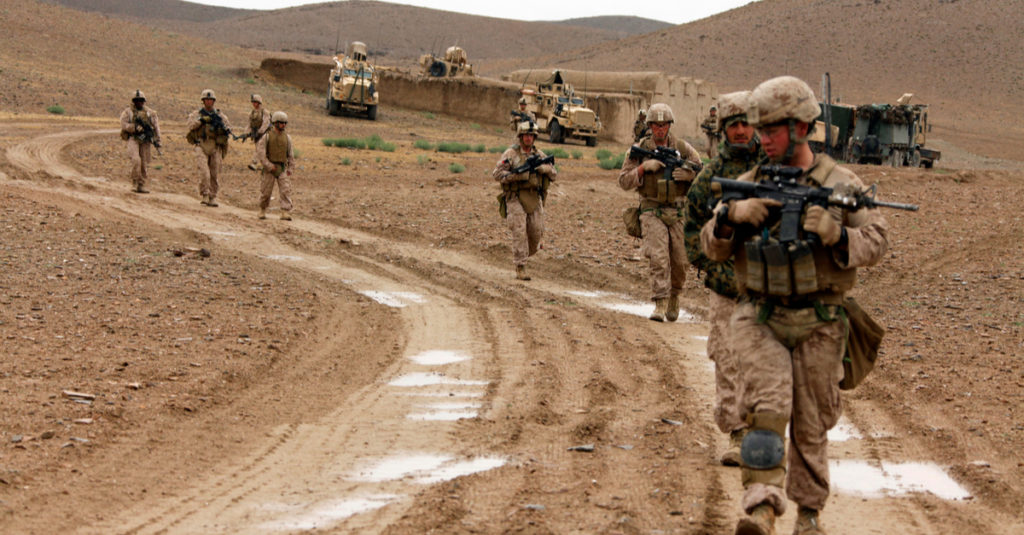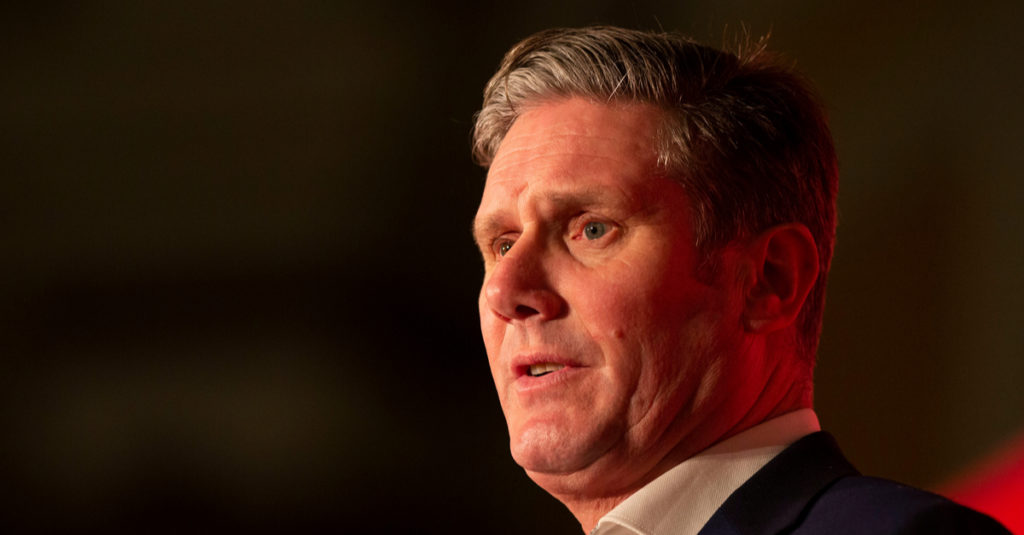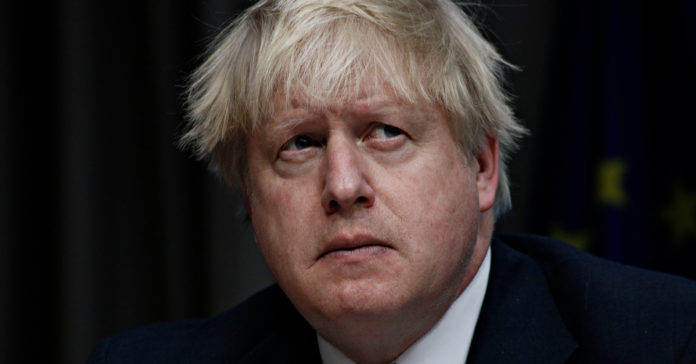The Prime Minister has said the UK and its allies will not recognise the new Taliban government in Afghanistan “prematurely” and will instead wait to judge it on its actions.
Speaking in the House of Commons earlier today, Boris Johnson said the international community must face the reality of a change of regime in Afghanistan and work behind a clear plan for dealing with “this regime in a unified and concerted way.”
He said: “Over the last three days I have spoken with the NATO and UN Secretaries General, with President Biden, Chancellor Merkel, President Macron and Prime Minister Khan. We are clear and we have agreed that it would be a mistake for any country to recognise any new regime in Kabul prematurely or bilaterally.
“Instead, those countries that care about Afghanistan’s future should work towards common conditions about the conduct of the new regime before deciding, together, whether to recognise it and on what terms. We will judge this regime based on the choices it makes – and by its actions rather than by its words.”
Johnson outlined a set of criteria by which he said the international community should judge the Taliban.
He said: “On its attitude to terrorism, to crime and narcotics, as well as humanitarian access and the rights of girls to receive an education. Defending human rights will remain of the highest priority. And we will use every available political and diplomatic means to ensure that those human rights remain at the top of the international agenda.”

Editorial credit: GoodAndy45 / Shutterstock.com
Earlier in his speech Johnson defended Britain’s 20 year military involvement in Afghanistan.
Subscribe to our newsletter and stay updated on the latest news and updates from around the Muslim world!
“Al Qaeda plots against this country were foiled because our serving men and women were there, and no successful terrorist attacks against the West have been mounted from Afghan soil for two decades,” he said.
“Alongside this core mission, we worked for a better future for the people of Afghanistan. And the heroism and tireless work of our armed forces contributed to national elections, as well as the promotion and protection of human rights and equalities in a way that many in Afghanistan had not previously known.
“Whereas 20 years ago almost no girls went to school and women were banned from positions of governance, now 3.6 million girls have been in school this year alone, and women hold over a quarter of the seats in Afghanistan’s parliament.”
However, the Prime Minister admitted that the UK’s military involvement in Afghanistan had run its course.
“When it came for us to look at the options that this country might have in view of the American decision to withdraw, we came up against this hard reality that since 2009, America has deployed 98 per cent of all weapons released from NATO aircraft in Afghanistan, and at the peak of the operation, when there were 132,000 troops on the ground, 90,000 of them were American. The West could not continue this US-led mission, a mission conceived and executed in support and defence of America, without American logistics, without US air power and without American might…
“I really think it is an illusion to believe that there is appetite amongst any of our partners for a continued military presence or for a military solution imposed by NATO in Afghanistan. The idea ended with the combat mission in 2014 and I do not believe that today deploying tens of thousands of British troops to fight the Taliban is an option, no matter how sincerely people may advocate it.”
Starmer defends occupation
Meanwhile, Labour leader Keir Starmer told Parliament that it had been a disastrous week and that Taliban control of Afghanistan was an unfolding tragedy.
Burt he defended the previous western-backed government in Afghanistan, saying a fragile democracy had emerged.
“It was by no means perfect, but no international terrorist attacks have been mounted from Afghanistan in that period; women have gained liberty and won office; schools and clinics have been built. And Afghans have allowed themselves to dream of a better future. Those achievements were born of sacrifice. Sacrifice by the Afghan people who fought bravely alongside their NATO allies. And British sacrifice.”

However, Starmer said there had been a major miscalculation of the resilience of the Afghan forces and staggering complacency from the UK government about the Taliban threat.
He said: “The government is right not to recognise the Taliban as the official government. But this must be part of a wider strategy, developed with our UN Security Council partners and our NATO allies, to apply pressure to the Taliban not only to stamp out any resurgence of terror groups but to retain the liberties and human rights of Afghans…
“Mr Speaker, recent events in Afghanistan shame the West. Not just the scenes of chaos but what it says about our abandonment of the Afghan people. For those brave people around the world, living under regimes paying scant regard to human rights, but resisting those regimes in pursuit of democracy, equality and individual freedom, what does this say to them? What does this retreat from freedom signal to those prepared to stand up for it?What does this surrender to extremism mean for those prepared to face it down? And what does it mean for those nations, who support an international rules-based system, when we hand over power to those who recognise no rules at all?
“This is the challenge of our time. Mr Speaker, the British and the Afghan people will have to live with the consequence of the Prime Minister’s failure. We have fought for 20 years to rid Afghanistan of terror. Terror which threatens our security here in Britain. And liberty in Afghanistan. The Taliban are back in control. The Prime Minister has no plan how to handle the situation. Just like he had no plan to prevent it. What we won through 20 years of sacrifice could all be lost. That’s the cost of careless leadership.”


















